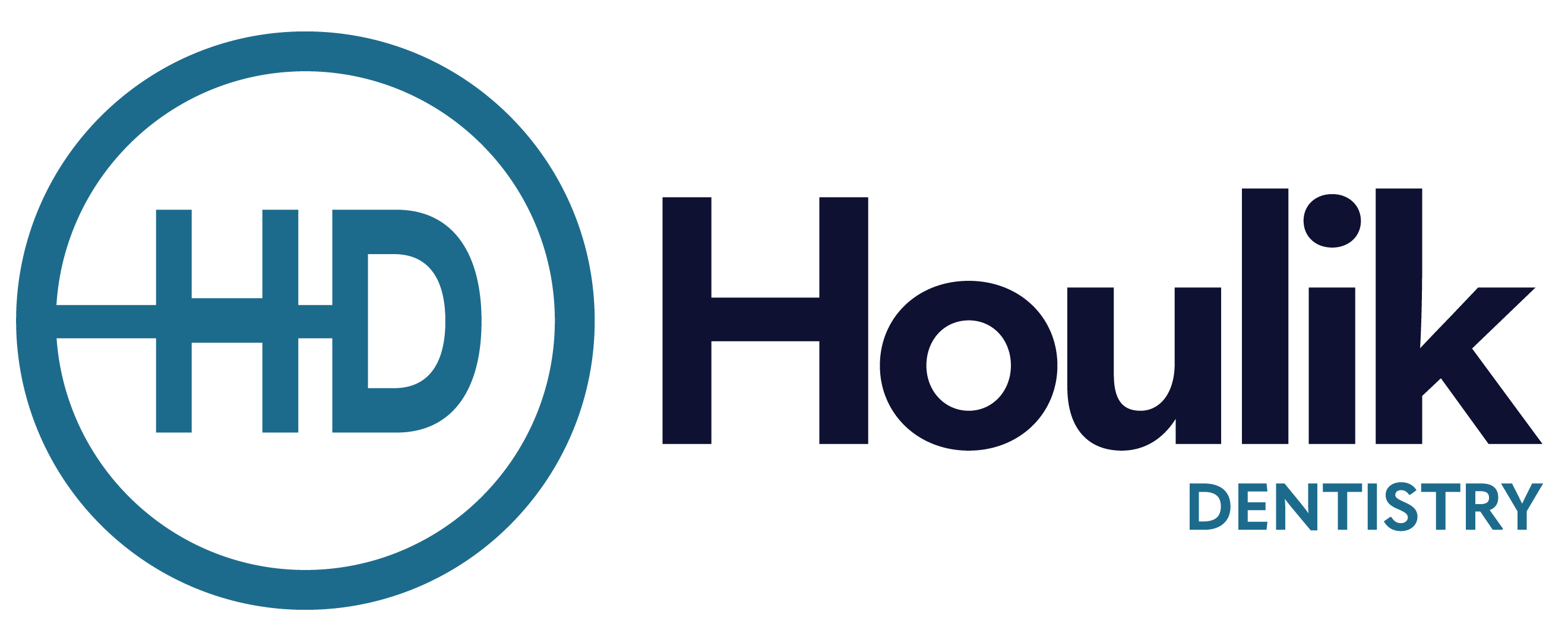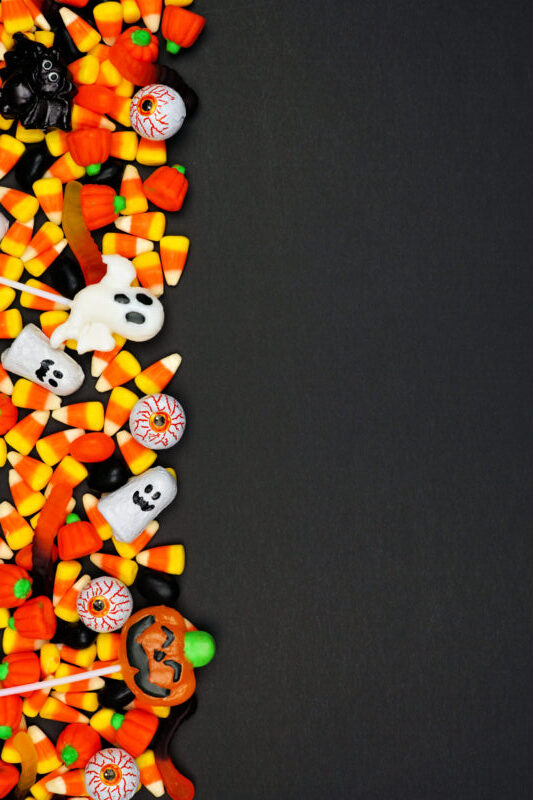Babies and children go through a number of predictable teething stages that parents need to be aware of because of the oral hygiene implications for kids dental health. Let’s take a look at each of these stages and what you need to do for your child while they are going through them to preserve your child’s oral health.
Stage One: 0-6 Months
By the time a baby has been born, they already have their full set of 20 baby teeth hidden under their gums. These teeth are sometimes known as ‘milk teeth’ because babies normally drink a lot of milk at this time.
No teeth typically erupt before six months.
You should clean their gums twice a day with a clean cloth during this stage.
Stage Two: 6-12 Months
Infants normally start teething at around six months of age. Typically, the bottom front two teeth are the first to erupt. Then the top front two teeth should erupt. Babies tend to be somewhat irritable or fussy while these new teeth are coming in. Some symptoms that this is happening include:
- Tender gums
- Drooling
- Chewing on hard objects
- Irritability
Now that your child’s teeth are erupting, it is time to look into buying age-appropriate toothpaste and a toothbrush.
Since your child’s teeth are now coming in, tooth decay becomes a possibility. So go ahead and set up their first dental visit at this time.
Stage Three: 1-3 Years
This stage begins with the emergence of the primary molars found in the back of the mouth in the lower and upper jaws. Babies often experience a loss of appetite during this stage and may have difficulty sleeping. Contact your dentist if your child is experiencing excessive discomfort or pain.
All of your baby’s teeth should be in by about three years of age. By now, you should be in a good habit of regularly brushing. Use a grain of rice-sized amount of toothpaste and take care that the toothpaste is thoroughly rinsed out. Wean your child from their bottle. Do not allow them to casually sip on juice.
Stage Four: 3-6 Years
By this time, all of your baby’s teeth will definitely have come in. You can now increase the size of the toothpaste placed on their toothbrush to a pea-sized amount. If their teeth are now touching, you can begin flossing their teeth to set the stage for a healthy, lifelong habit.
When should I schedule my child’s first dental visit?
It is recommended that you bring your child in for their first dental visit within six months after the eruption of their first baby teeth. By the time they are one year old, they should have already had their first visit or have one scheduled.
Many parents find that it is helpful to bring their child with them so that they can start getting comfortable in the environment of a dentist office. This is a great time to share any concerns or ask any questions that you may have about dental hygiene for kids.
Thanks for your support!
– Dr. Houlik
RELATED POSTS:
Could These Things Be Giving Your Children Cavities?
3 Tips for Preventing Children’s Cavities
Are baby teeth even important?


